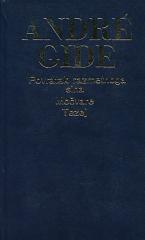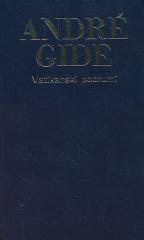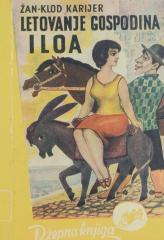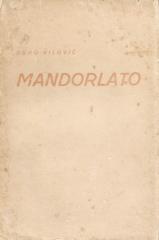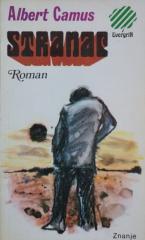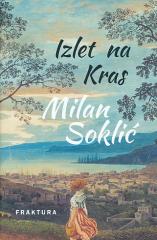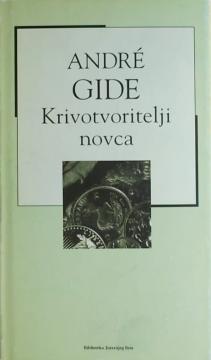
Krivotvoritelji novca
„Falsifikatori“ (1925) je intelektualno izazovan roman, cenjen zbog svoje filozofske dubine i hrabrosti. Napisan kao eksperimentalni „roman u romanu“, Žid raskida sa tradicionalnim narativom, nudeći višeslojno razmišljanje o autentičnosti i licemerju.
Radnja prati nekoliko adolescenata i odraslih čiji se životi prepliću. Bernar Profitandje, buntovni mladić, otkriva da nije sin svog oca i napušta dom, tragajući za sopstvenim identitetom. Njegov prijatelj Olivije Molinije bori se sa porodičnim očekivanjima i privlačnošću prema starijem piscu, Eduaru, koji piše roman istog naslova, „Falsifikatori novca“, stvarajući metanarativ. Eduarova potraga za čistom umetnošću odražava Židovu sopstvenu borbu sa kreativnošću, dok likovi poput Bernara i Olivijea testiraju granice morala, seksualnosti i slobode.
Roman istražuje „falsifikovanje“ u metaforičkom smislu – lažni moral, društvene norme i umetnički kompromis – dok se likovi bore da pronađu autentičnost u svetu punom obmane. Žid koristi dnevničke zapise, pisma i dijaloge, stvarajući fragmentiranu strukturu koja odražava haos mladosti i intelektualnih težnji. Židov stil, prožet ironijom i psihološkom oštroumnošću, čini ga ključnim delom modernizma, pozivajući čitaoce da preispitaju istinu i slobodu.
Multiple copies are available
